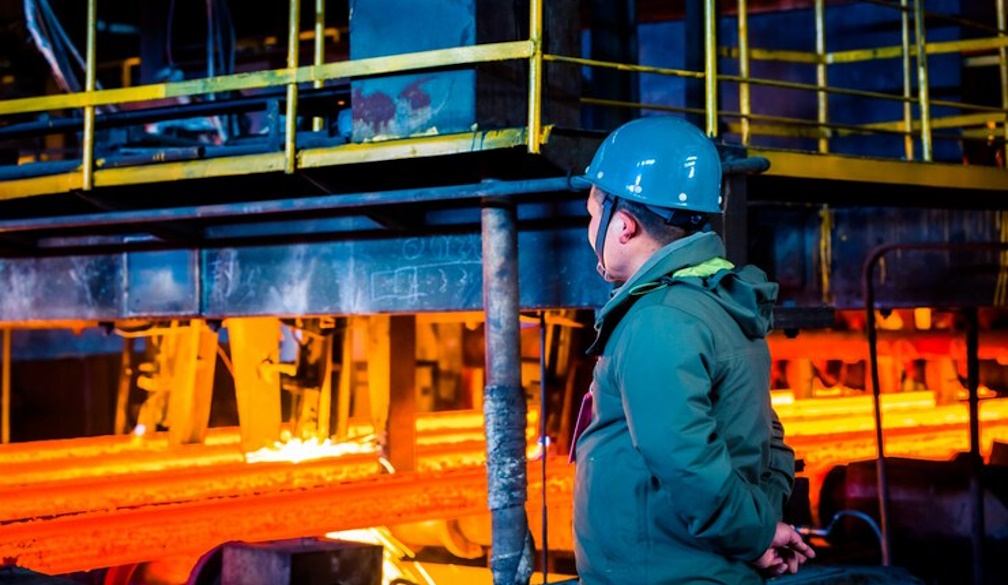Maximizing the Unique Benefits of Aluminum in Metal Casting

The versatility of aluminum has contributed to its popularity in metal casting. In fact, this type of metal has widely been utilized in different industries because of its strength and corrosion resistance. Most of all, this is highly recyclable, which is why businesses and manufacturers prefer aluminum.
How Aluminum Metal Casting Works
Basically, aluminum metal casting is a manufacturing process wherein molten aluminum is poured into a mold in order to create solid metal parts. There are several steps being used in this process, which first require a mold or pattern designed to shape the final product.
Then, aluminum is melted and poured into the mold to achieve the desired shape. The next thing is to cool and solidify the molten metal so it will finally take the form of the mold. The cast is then trimmed, polished, and inspected for any defects.
Different Types of Aluminum Casting Methods
You can choose the sand casting method if you prefer a low-cost, versatile method for dealing with complex shapes. On the other hand, if you prefer high-precision casting for mass production with the use of reusable metal molds, then die casting is for you.
Investment casting is also a good choice when you are looking to produce detailed and intricate designs. Furthermore, permanent mold casting is another option if you prefer the use of reusable molds to achieve higher consistency.
Why Aluminum Metal Is Used in Manufacturing
1. Lightweight Yet StrongA third of the weight of steel, aluminum can be quite beneficial for industries like automotive, aerospace, and construction, where weight reduction can improve efficiency. Likewise, its high strength-to-weight ratio will enable it to produce durable yet lightweight designs.
2. Corrosion ResistanceAluminum also forms a natural oxide layer that will help protect it from rust and environmental damage. Marine, outdoor structures, and automotive parts favor the use of aluminum in order to prevent deterioration.
3. Thermal and Electrical ConductivityThis is also used in electronics and power transmission because of its superior conductivity. Likewise, it provides efficient heat dissipation, which is ideal for heat sinks and cooling systems.
Aluminum metal is also great for casting, machining, welding, extruding, and rolling into complex shapes. This makes it suitable for many different manufacturing processes, including casting, forging, and stamping.
5. Recyclability and SustainabilityThis type of metal is also 100% recyclable without losing its properties, which reduces waste and production costs. Moreover, it offers an energy-efficient recycling process that only requires 5% of the energy needed to produce new aluminum.
If you are looking for reliable cast metal and foundry experience, you can rely on us to provide quality engineering materials for your next project. You can give us a call and talk to our experts so we can discuss more about your project’s requirements. We can discuss with you the different die casting processes and find resources on the material selection and design considerations.









